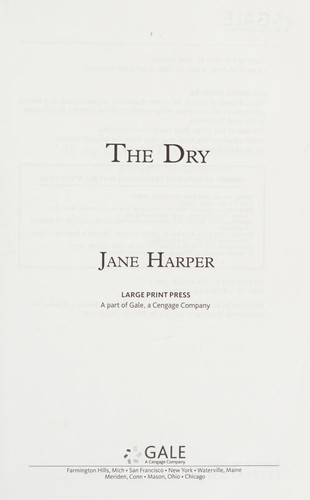
Dry by Jane Harper
"Federal Agent Aaron Falk hasn't been back to the place where he grew up in twenty years. Not since he …
Roolipelaaja, seikkailuharrastaja, spefi-kirjailija
Puran ahdistustani välillä fediversessä: kamu.social/@dare
This link opens in a pop-up window

"Federal Agent Aaron Falk hasn't been back to the place where he grew up in twenty years. Not since he …
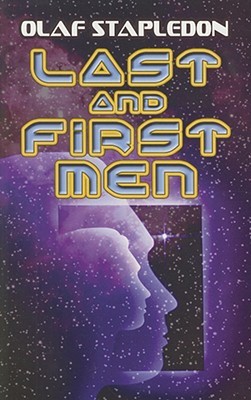
Last and First Men: A Story of the Near and Far Future is a "future history" science fiction novel written …

Sarah Kuhn: Heroine complex (2016)
Evie Tanaka is the put-upon personal assistant to Aveda Jupiter, her childhood best friend and San Francisco's most beloved superheroine. …

Ben H. Winters: Underground Airlines (2016, Little Brown & Company)
"It is the present-day, and the world is as we know it: smartphones, social networking and Happy Meals. Save for …
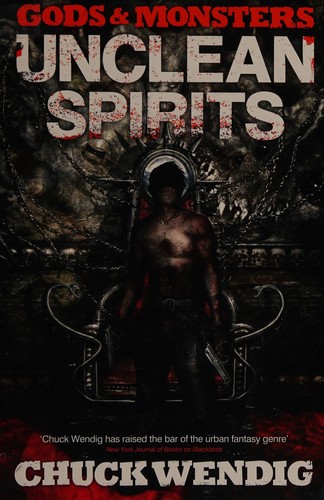
"Five years ago, it all went wrong for Cason Cole. He lost his wife and son, lost everything, and was …
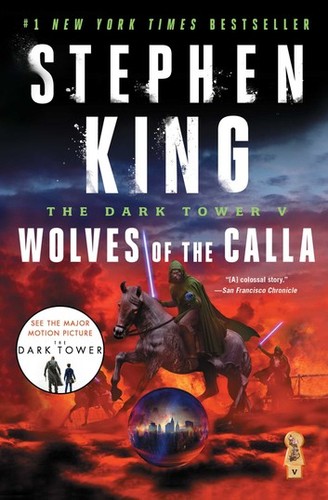
[The Dark Tower][1] V
After escaping the perilous wreckage of Blaine the insane Mono and eluding the evil clutches …
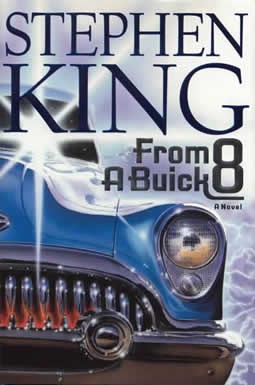
The state police of Troop D in rural Pennsylvania have kept a secret in Shed B out back of the …
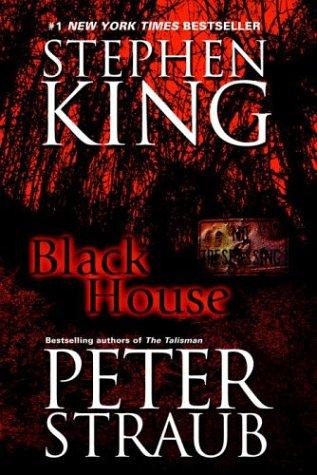
Preceded by: The Talisman
Black House is a horror novel by American writers Stephen King and Peter Straub. Published …
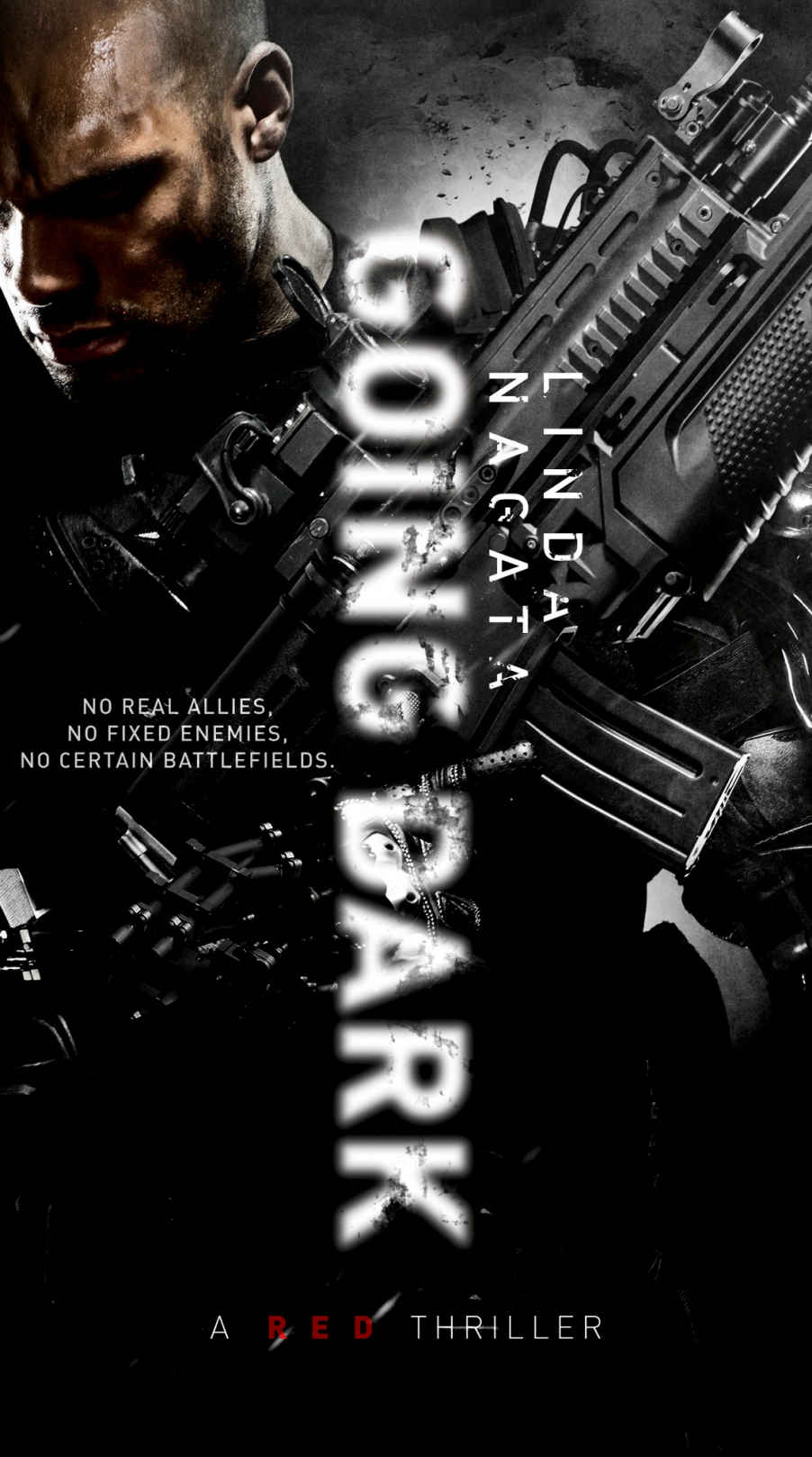
As a soldier of the Red who pursues covert missions designed to nudge history away from existential threats, James Shelley …
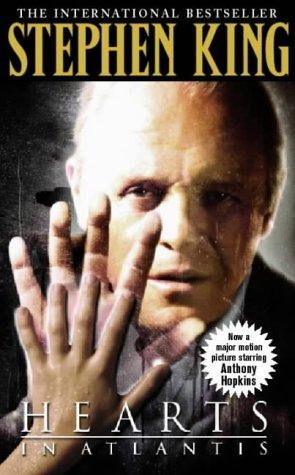
Hearts in Atlantis (1999) is a collection of two novellas and three short stories by Stephen King, all connected to …
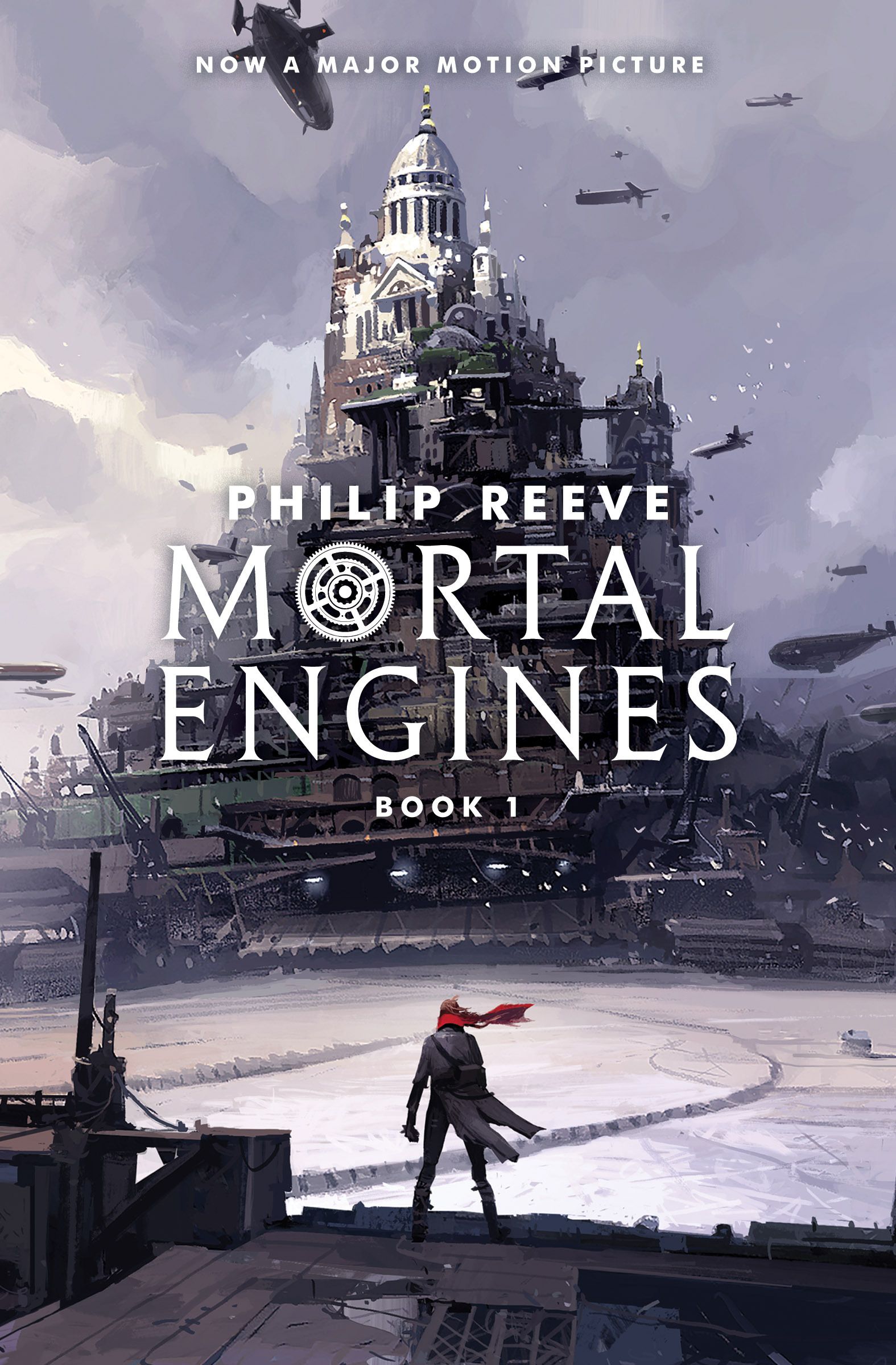
"It was a dark, blustery afternoon in spring, and the city of London was chasing a small mining town across …